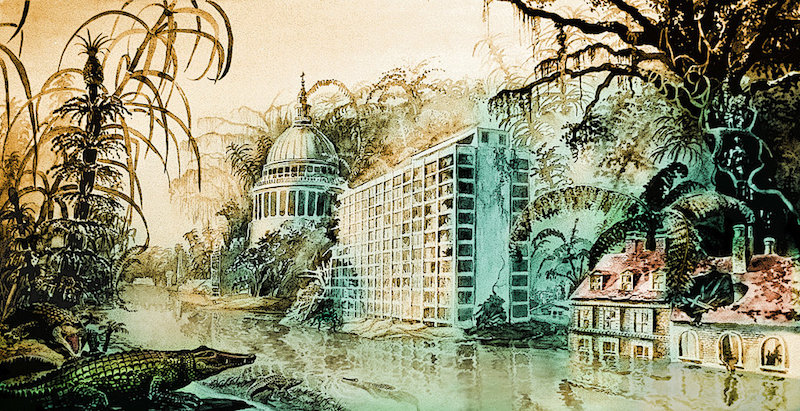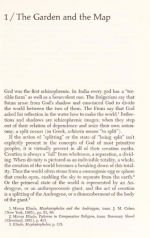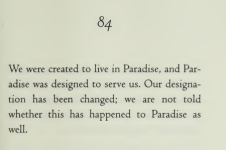In 2020, Olivia Laing began to restore a walled garden in Suffolk, an overgrown Eden of unusual plants. The work drew her into an exhilarating investigation of paradise and its long association with gardens. Moving between real and imagined gardens, from Milton’s Paradise Lost to John Clare’s enclosure elegies, from a wartime sanctuary in Italy to a grotesque aristocratic pleasure ground funded by slavery, Laing interrogates the sometimes shocking cost of making paradise on earth.
But the story of the garden doesn’t always enact larger patterns of privilege and exclusion. It’s also a place of rebel outposts and communal dreams. From the improbable queer utopia conjured by Derek Jarman on the beach at Dungeness to the fertile vision of a common Eden propagated by William Morris, new modes of living can and have been attempted amidst the flower beds, experiments that could prove vital in the coming era of climate change.
The result is a humming, glowing tapestry, a beautiful and exacting account of the abundant pleasures and possibilities of gardens: not as a place to hide from the world but as a site of encounter and discovery, bee-loud and pollen-laden.






